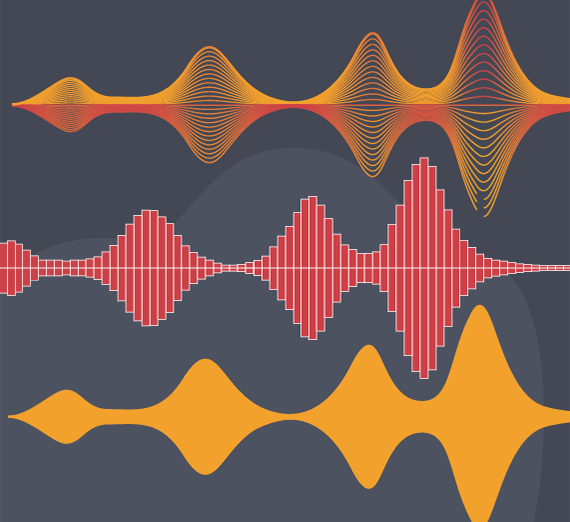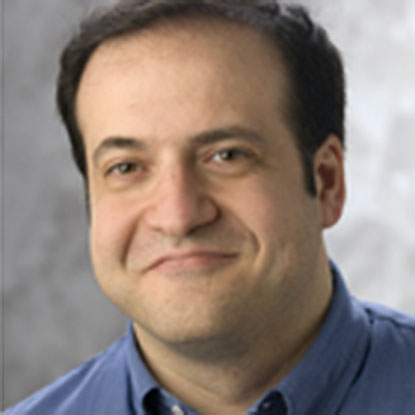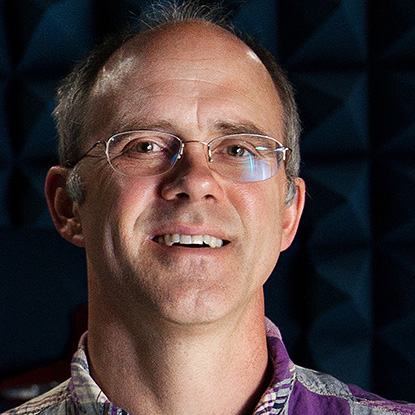
Electronics are everywhere around us, shaping our modern world. Analog electronics deals with continuous signals and focuses on components like amplifiers and filters that process these signals. On the other hand, digital electronics deals with discrete signals and focuses on components like logic gates, processors, and memory that process binary information. These building blocks work together to create the complex systems that power our lives and enable us to communicate, learn, and connect with the world around us.
What can you do with Analog and Digital Electronics?
Analog and digital electronics offer a wide range of career opportunities in telecommunications, consumer electronics, automotive, aerospace, and many more industries.- Analog IC Design Engineers specialize in developing analog integrated electronic circuits, designing components such as amplifiers, filters, and power management circuits.
- Digital IC Design Engineers design digital logic circuits and systems, developing components such as processors, memory systems, and digital signal processing circuits.
- Systems Architects focus on the overall design and integration of complex electronic systems, selecting appropriate components and ensuring efficient operation and integration of subsystems.



